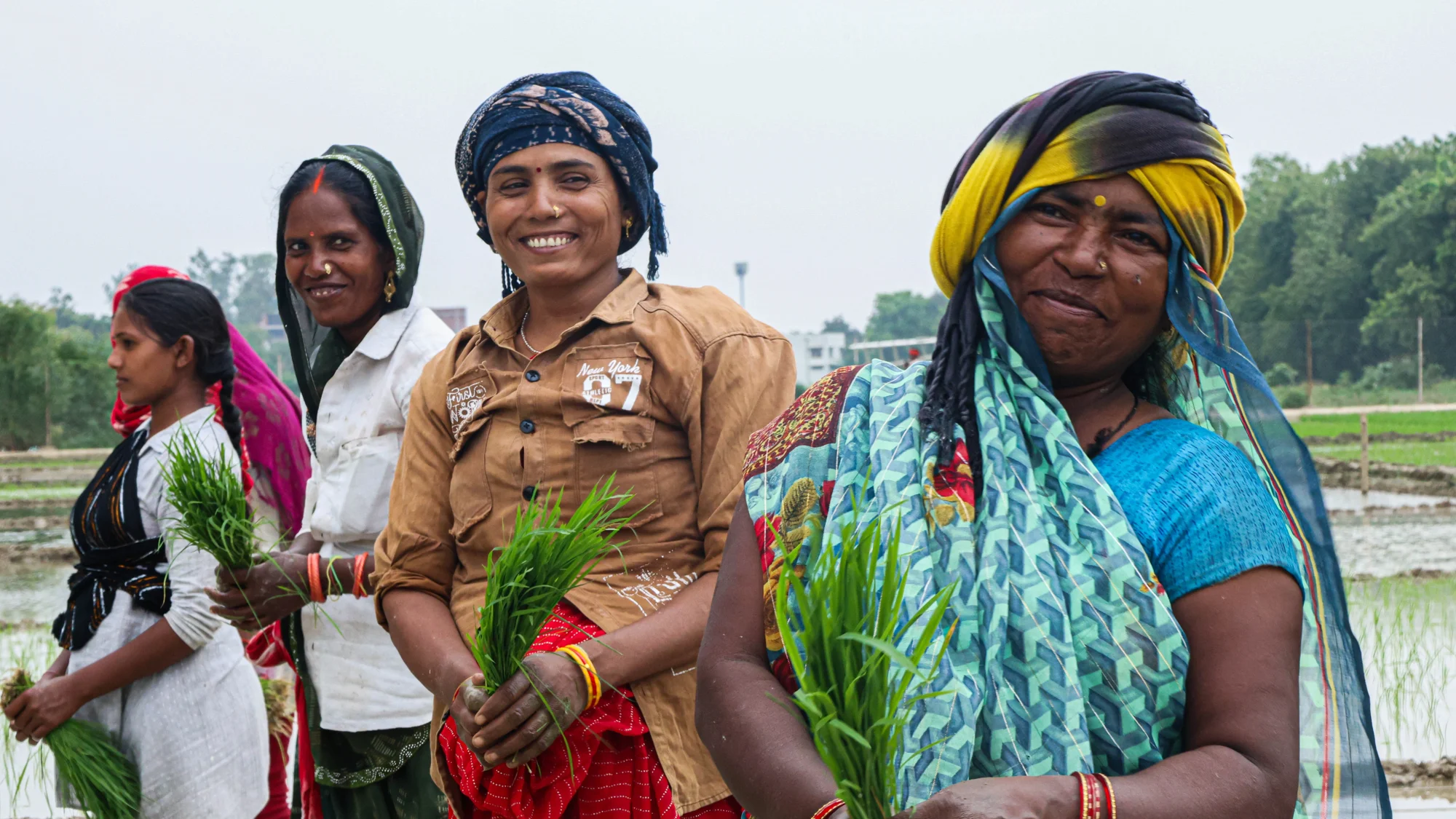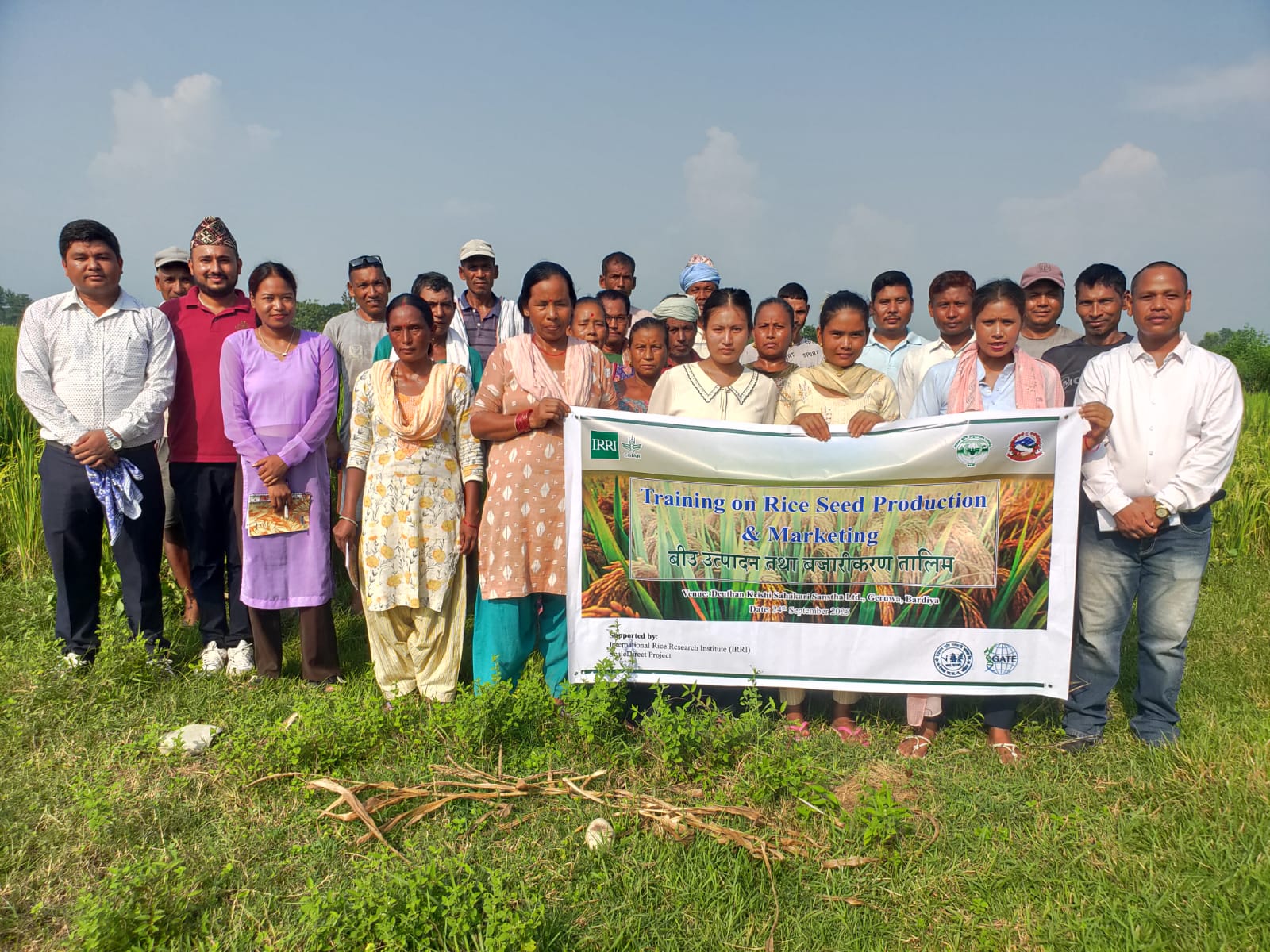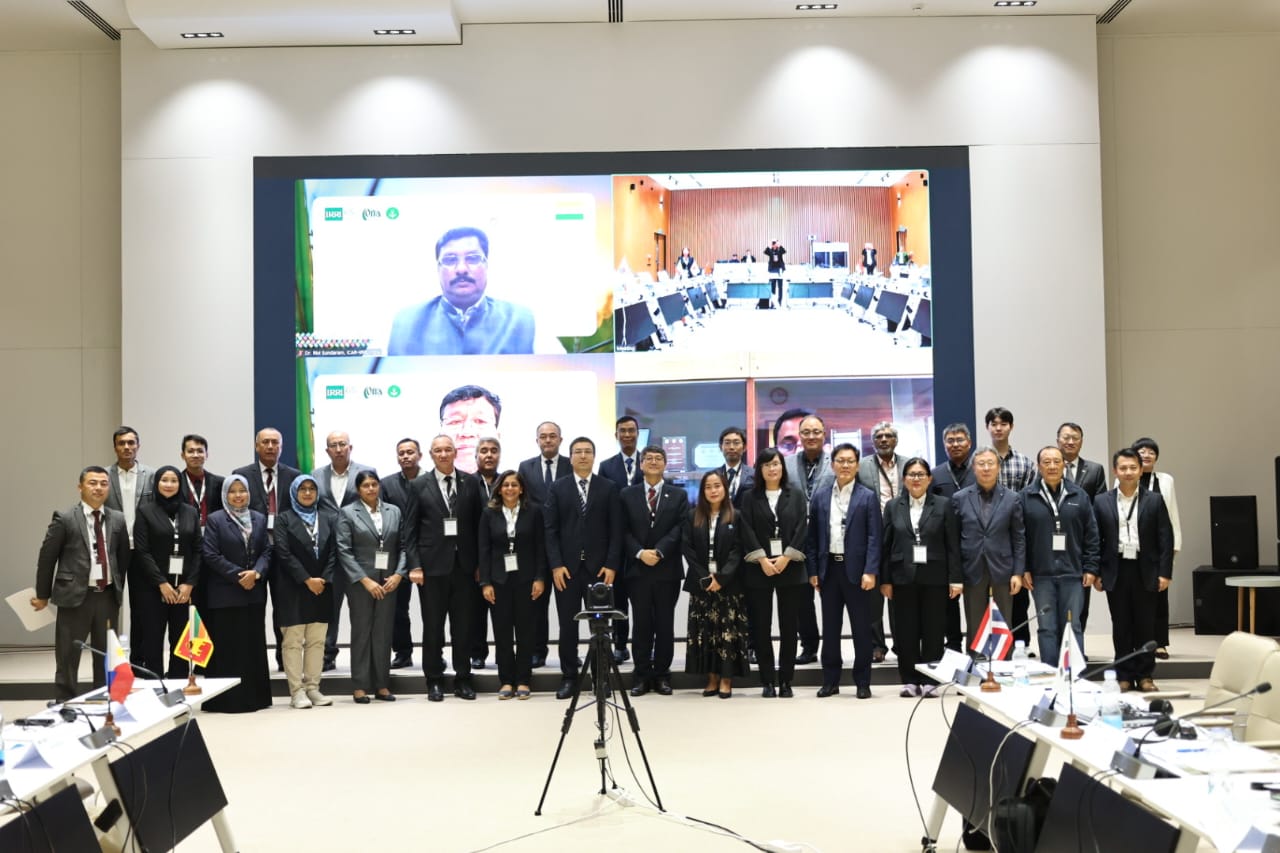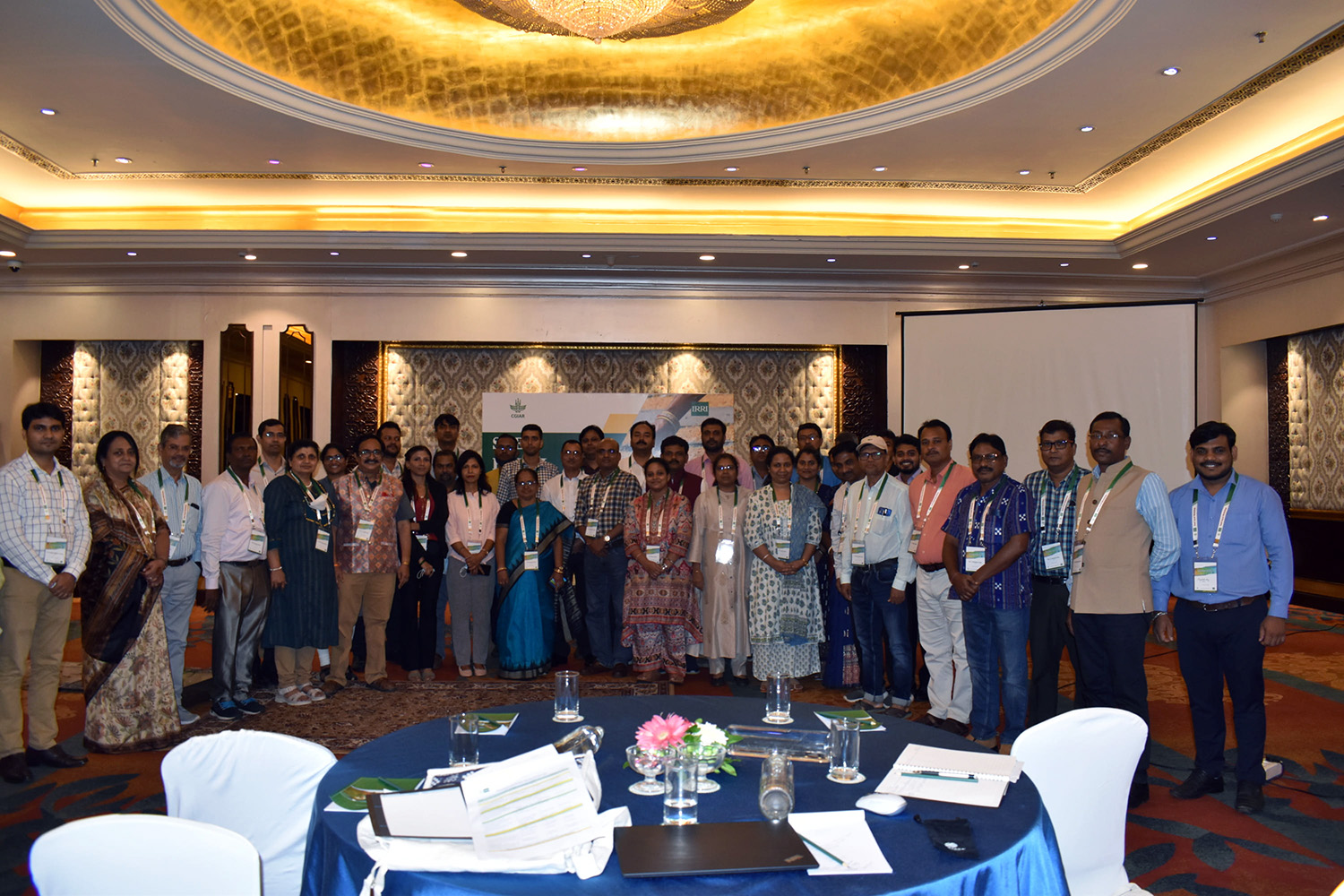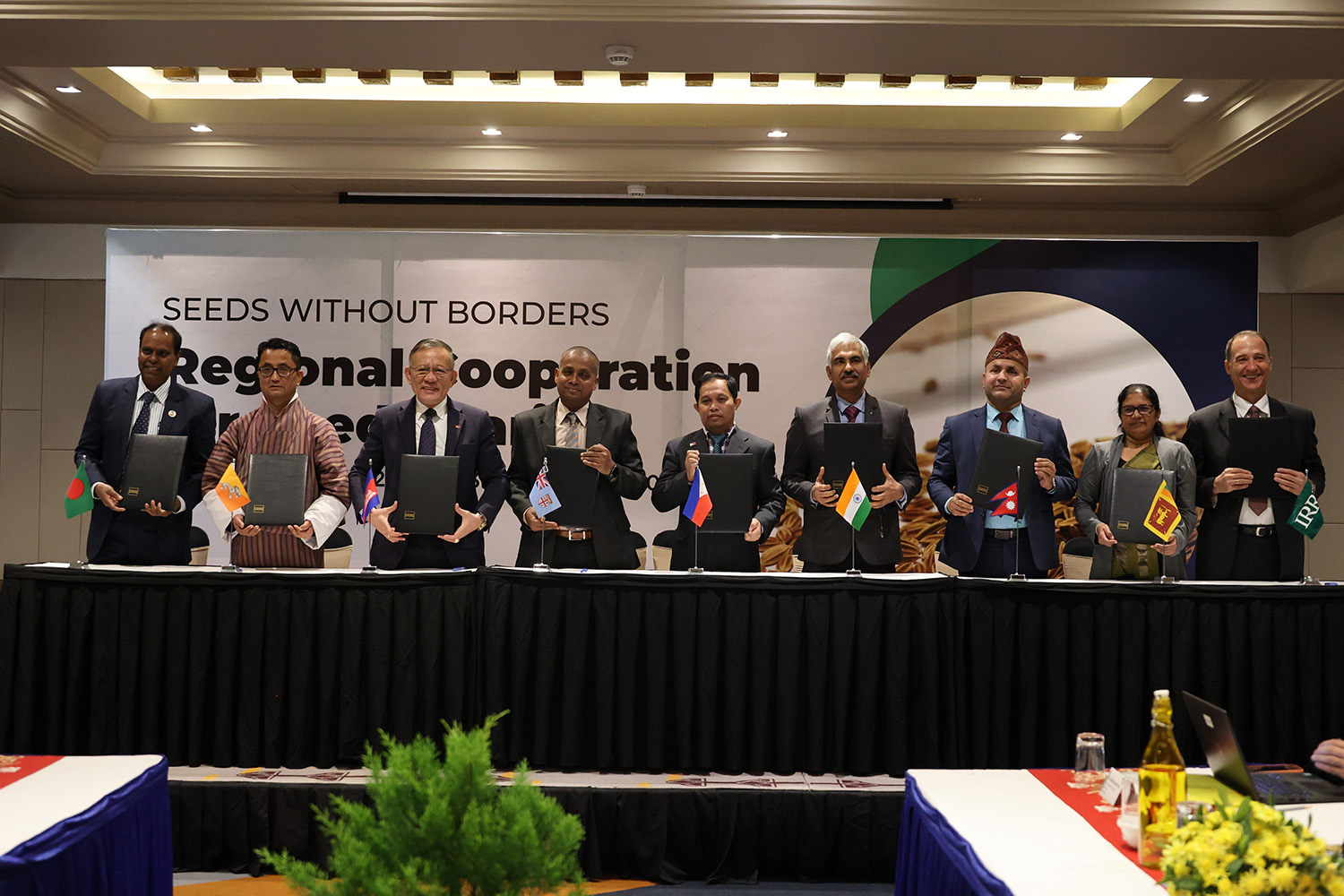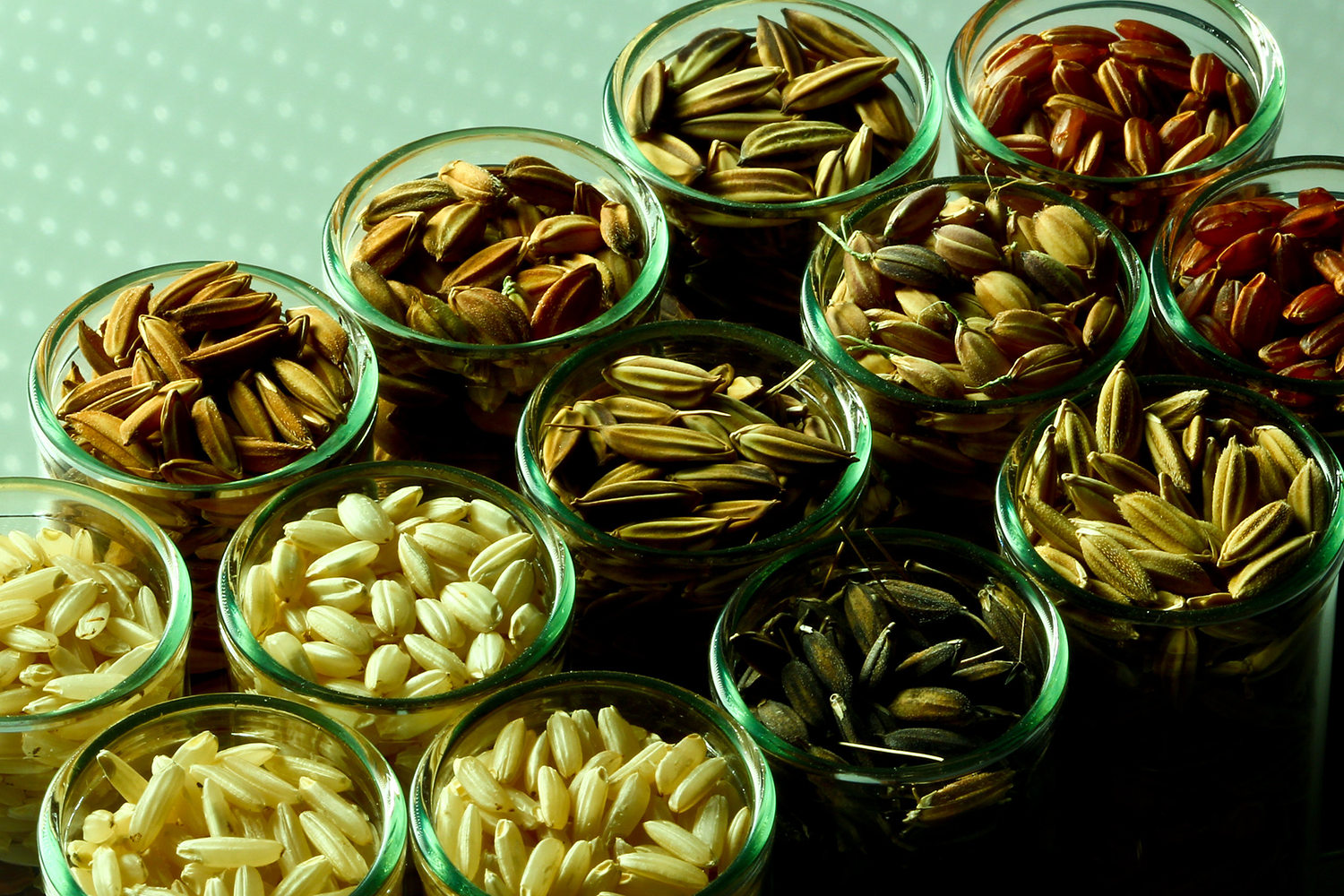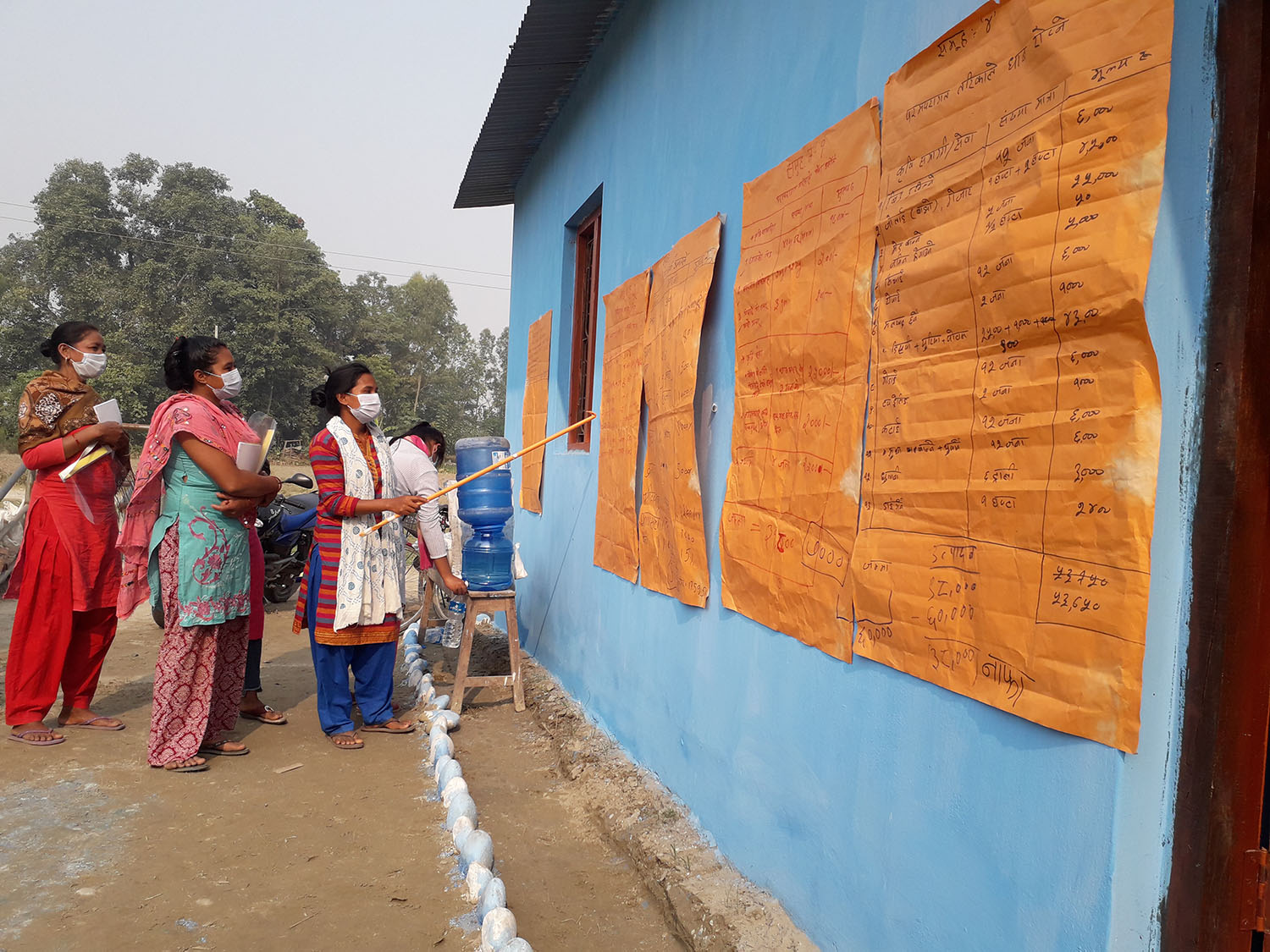Overview
IRRI and Nepal have maintained a partnership for nearly six decades. Since 1966, IRRI has provided improved rice germplasm and other innovations, trained rice researchers and stakeholders across the value chain, delivered technical assistance, and facilitated international collaboration in rice research and development. Over 70% of the improved rice varieties developed in Nepal have utilized IRRI's genetic materials. The establishment of the IRRI Nepal Office in 2005 further strengthened collaboration with national partners, enhancing research and development (R&D), capacity building, and innovation. This ongoing partnership has significantly improved rice production and food security in Nepal.
Rice is not only the staple food of Nepal but also the most important crop, deeply intertwined with the country's culture, livelihoods, and economy. Ensuring food security is synonymous with ensuring rice security. Rice is cultivated across altitudes ranging from 60 to 3,050 meters above sea level, the highest altitude for rice cultivation in the world. It covers 1.45 million hectares and produces 5.5 million tons of paddy rice annually, with an average yield of 3.8 tons per hectare. Despite its critical role, Nepal's rice sector faces several systemic challenges, including subsistence farming, low yields with large yield gaps, limited access to innovations, vulnerability to climate change, scarcity of inputs, low levels of mechanization, high post-harvest losses, inefficient value chains, high dependency on imports, and weak research and development capacity.
IRRI's response to these challenges in the rice sector is integrated into its long-term collaboration with the Government of Nepal through a joint 5-Year Workplan. IRRI's research-for-development priorities in rice-based agri-food systems include:
- Breeding improved rice varieties
- Developing agronomic innovations
- Sustainable management of natural resources and the environment
- Establishing climate-resilient rice value chains
- Creating vibrant seed systems
- Implementing scale-appropriate mechanization and post-harvest innovations
- Enhancing market systems and rice value chains
- Conducting socioeconomic research, including gender and policy considerations
- Fostering capacity building
By working together with key government, academic, private sector, farmer, and other partners, IRRI continues to promote a productive, efficient, resilient, sustainable, and inclusive rice-based agri-food system in Nepal.
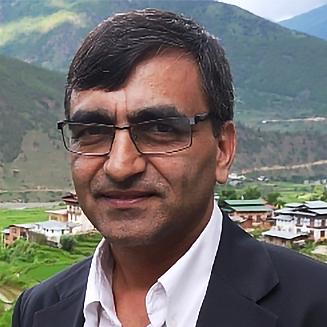
Humnath Bhandari
IRRI Country Representative for Bangladesh and Nepal
Office Address
International Rice Research Institute
Lalitpur Metropolitan-15
Vegetable Crops Development Centre
Khumaltar, Lalitpur
Phone Number: +977 1 5526595
